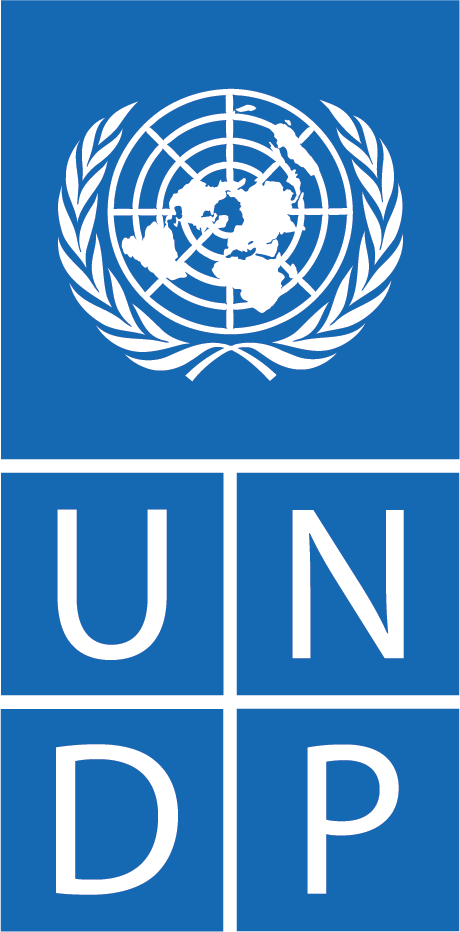Ensure inclusive and equitable quality education and promote lifelong learning opportunities for all
Since 2000, there has been enormous progress in achieving the target of universal primary education. The total enrolment rate in developing regions reached 91 percent in 2015, and the worldwide number of children out of school has dropped by almost half. There has also been a dramatic increase in literacy rates, and many more girls are in school than ever before. These are all remarkable successes.
Progress has also faced tough challenges in developing regions due to high levels of poverty, armed conflicts and other emergencies. In Western Asia and North Africa, ongoing armed conflict has seen an increase in the proportion of children out of school. This is a worrying trend. While Sub-Saharan Africa made the greatest progress in primary school enrolment among all developing regions – from 52 percent in 1990, up to 78 percent in 2012 – large disparities still remain. Children from the poorest households are four times more likely to be out of school than those of the richest households. Disparities between rural and urban areas also remain high.
Achieving inclusive and quality education for all reaffirms the belief that education is one of the most powerful and proven vehicles for sustainable development. This goal ensures that all girls and boys complete free primary and secondary schooling by 2030. It also aims to provide equal access to affordable vocational training, and to eliminate gender and wealth disparities with the aim of achieving universal access to a quality higher education.
Quality education is one of 17 Global Goals that make up the 2030 Agenda for Sustainable Development. An integrated approach is crucial for progress across the multiple goals.


